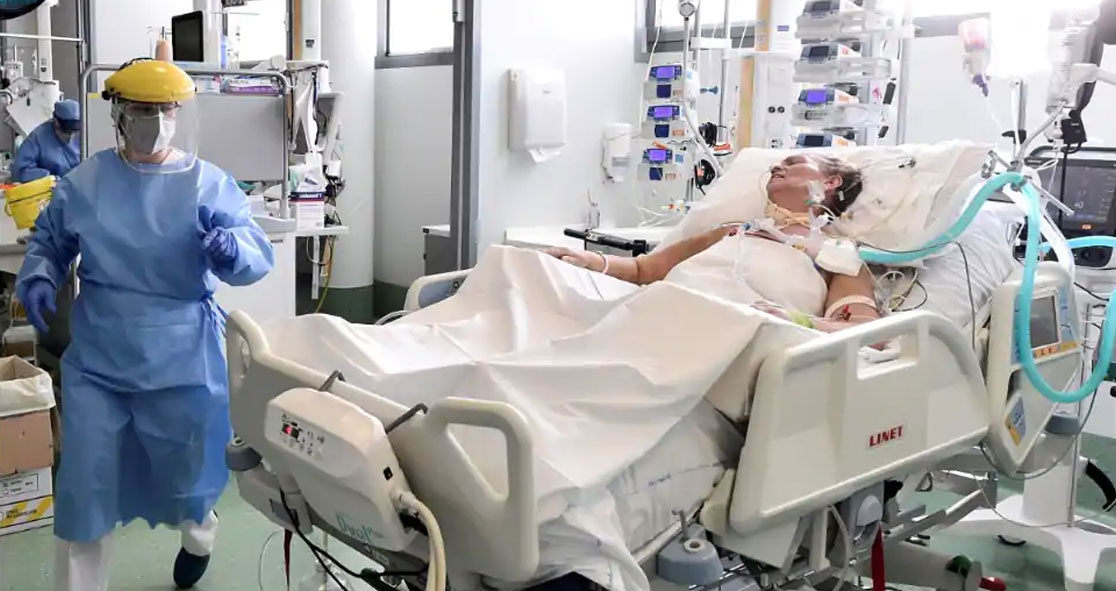An 89-year-old Dutch woman has become the first person to die after getting infected with COVID-19 for the second time.
Experts said it is unclear how representative her case could be.
The woman had blood cancer and she was undergoing chemotherapy, a treatment that lowers the immune system’s ability to function.
She was hospitalized with fever and severe cough when she had the first bout of COVID-19. Her symptoms subsided and she was discharged after five days of hospitalization.
However, two months later and a couple of days after receiving chemotherapy, the woman again developed a fever, cough, and breathlessness.
Blood tests were taken on the 4th and 6th day of her infection, which did not reveal coronavirus antibodies.
Antibodies are a type of proteins made by the immune system, which helps prevent the virus from entering the cells.
The woman has a more severe second infection with COVID-19, to which she succumbed about a couple of weeks later.
Genetic tests suggested that she caught the infection twice.
It is unclear how long natural immunity against the new coronavirus may last.
However, one study from Iceland found that antibodies to COVID019 do not seem to decline for at least up to 4 months after infection.
Research of other kinds of seasonal coronaviruses did how that people might get re-infected with those within 6 months, or more commonly after a year.
Meanwhile, a 42-year-old man in Virginia and a 25-year-old man from Nevada have experienced reinfections of COVID-19 about 2 months after they tested positive for the first time.
Genetic tests of both men have shown two slightly different strains of the virus, indicating that have been re-infected by the new coronavirus.
They are the first documented cases of COVID-19 reinfection in the United States.
Worldwide, more than 20 other cases of COVID-19 reinfection have been reported, from Hong Kong, the Netherlands, Belgium, India, and Ecuador. Another case, a 60-year-old in Washington, of COVID-19 reinfection has been reported but it has not yet been peer-reviewed.























